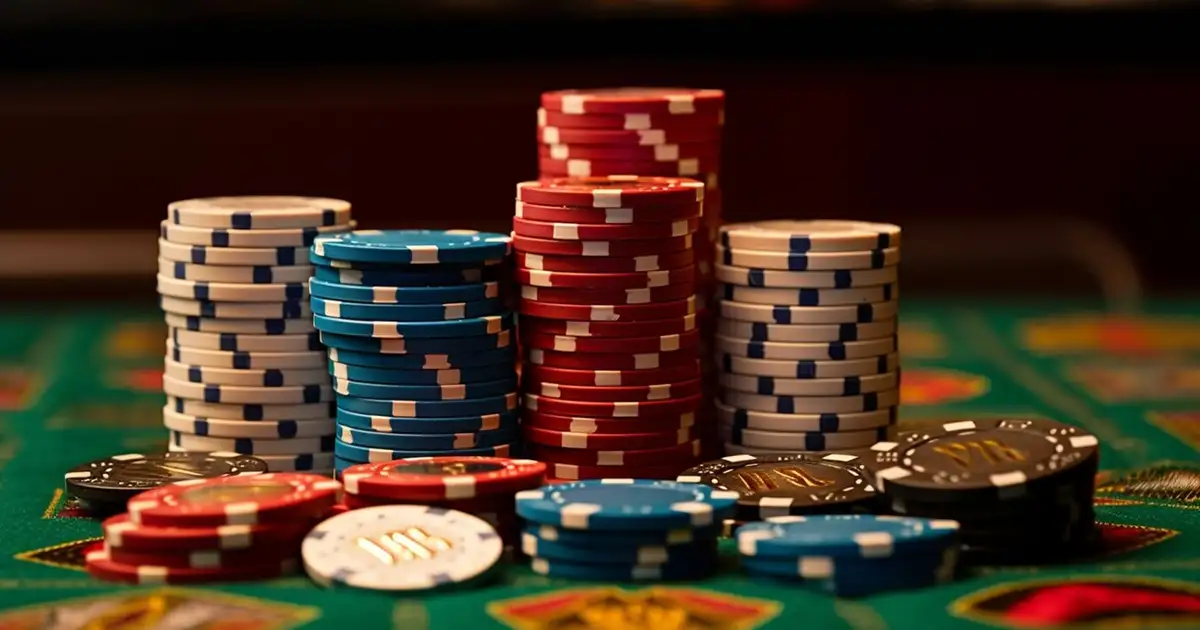Man Misses $150,000 Jackpot: ‘How It Went Wrong’
For most people, a $150,000 jackpot would be cause for celebration. But for one gambler, that moment of joy quickly turned to bitter disappointment. Casino employee Kelley (known on TikTok as @casinomassagekelley) shared the story of a gambler who won the jackpot but was denied his prize.
Kelley explained what happened in a TikTok video:
“This guy won $150,000 on a slot machine. When they went to cash him out and looked at his ID, he had banned himself from the casino — and all other locations.”
So not only had he lost his prize, he had actually been trespassing.
This man had deliberately signed up for the self-exclusion program. The program is specifically designed to protect people with gambling addiction by preventing them from entering casinos, both physical and online.
Self-exclusion programs help, but can have unexpected consequences
Self-exclusion programs are designed to protect people, but sometimes they have unexpected consequences, as this story shows. It raises the question of whether the casino was simply following the rules or was it too strict.
Sometimes the smartest bet you can make is to just quit. Self-exclusion programs offer a way out for people who want to get away from the gambling table before it gets too far. Research from the National Council on Problem Gambling (NCPG) shows that the risk of gambling addiction increased by 30% between 2018 and 2021, affecting an estimated nine million adults in the US.
What is a self-exclusion program?
New Jersey established the self-exclusion program in 2001. Mathew J. Plakin, the chief district attorney, explains that people who participate in this program voluntarily give up their right to enter all casinos in Atlantic City.
Once registered, participants are no longer allowed to enter the casinos, and this is strictly monitored. One of the measures is that they are not allowed to cash out winnings. Plakin’s website even states:
“If you are caught gambling in a casino, betting shop or on an online gambling site, your winnings will be confiscated.”
According to the Responsible Gambling Council (RGC), people choose to self-exclude because gambling harms them financially or emotionally, because it dominates all aspects of their lives, or because they only play to win back losses. The man who had to leave $150,000 on the table had put himself on the list for these reasons, probably to avoid temptation. Moments like these sometimes confirm why such measures exist.
Was the casino right?
Opinions about the casino’s actions are divided. Many users on TikTok questioned whether it was ethical to refuse a payout of $150,000. Some criticized the decision, seeing it as a ploy to avoid having to pay out. Others pointed out that the rules apply to all customers, including those who have self-excluded.
One TikTok user warned gamblers to check their background before trying their luck, and shared an example of someone who won a prize but was arrested on an outstanding warrant when the casino ran a check.
Another user, GlennDro, called it the “slickest trick ever” and said the casino should have simply paid the man out. Kelley clarified in the comments:
“He signed papers banning himself from the casino, and that any winnings would be confiscated. If he hadn’t done that, he would have definitely been paid out.”
Casinos operate under strict rules that they follow regardless of the size of the bet. Whether it’s unpaid debts, legal trouble, or a self-imposed ban, these rules are in place to ensure accountability. While it may seem harsh that the $150,000 winner walked away with nothing, it’s a reminder that gambling is more than a game of chance


